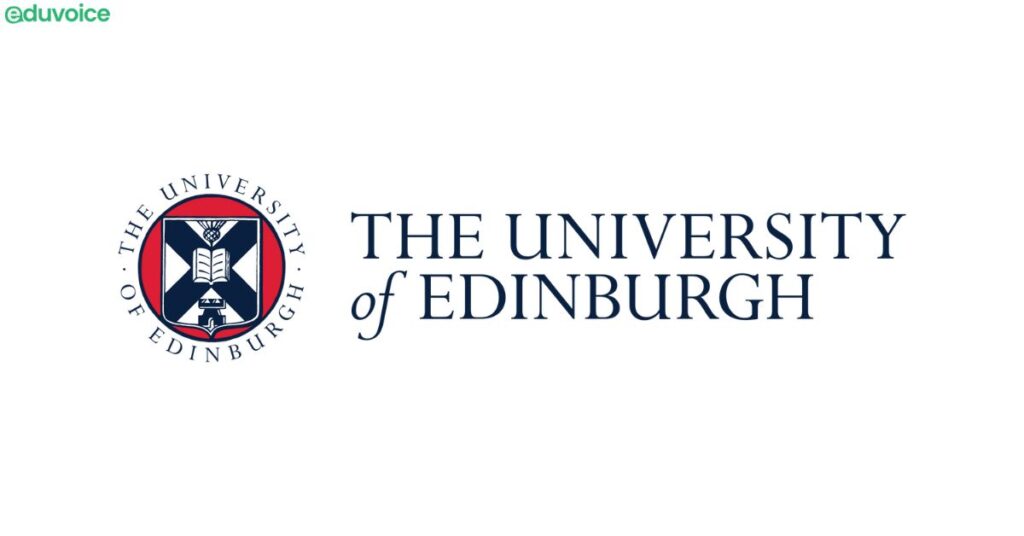University Of Edinburg colleagues will join an international gathering of university administrators, faculty, education practitioners, NGO leaders, international agencies, and humanitarian organizations as they seek to use education to improve the lives of individuals across the world.
The Refugee & Migrant Network International Conference takes place from 26 until 28 September at the Pontificia Universita Gregoriana in Rome, Italy.
Keynote addresses will be delivered by UN High Commissioner for Refugees, Filippo Grandi, and the Jesuit Refugee Service International Director, Tom Smolich SJ.
The University’s Alan Mackay Deputy Vice Principal, International, and Edinburgh Global Director, will contribute to an international panel on ‘Exploring the Process of Humanizing Higher Education.’
This conference will support the delivery of our shared goal of achieving the ‘15 by 30’ UNHCR global target – ensuring 15 percent of refugee women and men, or a further half a million refugees can access higher education by 2030. As a University Of Edinburg, we will, together with our partners at this conference, continue to strengthen our tradition of welcoming and supporting those displaced and providing opportunities to rebuild lives.
Alan Mackay
Deputy Vice-Principal International
Discussion topics
Today, only five percent of refugees have access to higher education compared with a global average of 40 percent.
The event will focus on a range of topics including a better understanding of the root causes of forced migration, technology in refugee camp education, reimagining university admissions for refugees, professional development for displaced peoples, and the impact of the Ukrainian refugee crisis.
Ongoing support
Participation in the event builds upon the University’s extended history of providing a place of sanctuary and education for those seeking protection.
There is a need for a longer-term approach to supporting the growing number of refugees and displaced persons, ensuring that these individuals can fulfill their potential through higher education.
The University is actively responding to this through a range of strategic projects involving the direct action of our staff and student communities.
Earlier this year the University Of Edinburg announced further support for researchers forced to flee their country due to persecution, war or conflict who will have the opportunity to work at the University and live in Edinburgh, described as the most generous support package of its kind. The partnership with the Council for
At-Risk Academics (Cara) will fund a further ten fellowships, providing sanctuary for scholars and their families for two years.
This commitment to funding a further ten fellows is, to date, the most generous support of any UK university working with a UK-based charity. The funding will be open to academics across the world, who are at risk in conflict-affected areas and fragile states.
The University of Edinburgh Refugee Advisory Service offers coordinated advice to prospective students and staff with refugee-related status.
The Refugee Advisory Group is a cross-section of the University community and aims to consult, share best practise and develop a shared community experience and expertise.
University of Sanctuary
The University was the first university in Scotland to be accredited as a University of Sanctuary. As part of this, it seeks to promote a welcoming culture within the University Of Edinburg and wider communities for those seeking sanctuary.
International students represent 44 percent of the University’s total community, coming from 180 nations.
The University is an active member of international networks including Una Europa, the League of European Research Universities (LERU), the Coimbra Group, Eurolife, UNICA, Universitas 21, and the U7 Alliance of over 30 universities from G7 countries.
For More Such Articles, News Update, Events, and Many More Click Here






